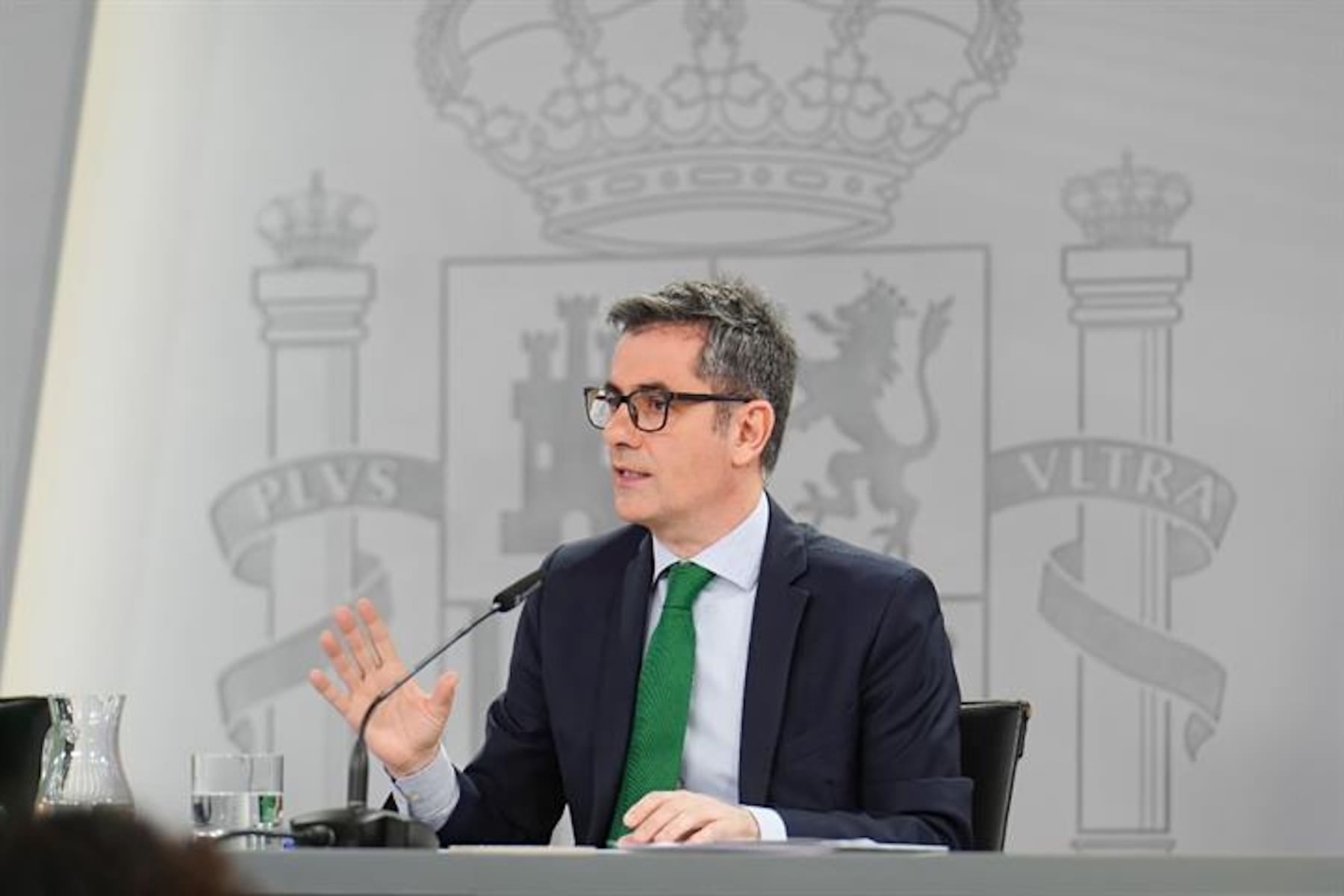The Spanish government has approved a new right to rectification law that expands its application to digital media and influential users on social networks, known as influencers. This initiative responds to the challenges of the digital age and the proliferation of information on online platforms, where inaccurate or manipulated content can quickly go viral.
The regulation, framed within the government’s Action Plan for Democracy, represents a key advancement in protecting citizens’ rights against misinformation and abuses in digital environments.
Influencers and platforms under the new law
The main novelty of the law is its expansion of the scope of application:
- It will apply to users with more than 100,000 followers on a single social network or 200,000 cumulative followers across multiple platforms. This measure acknowledges the ability of influencers to reach massive audiences and generate an impact similar to that of traditional media.
- Digital platforms and online media will be required to establish accessible mechanisms to facilitate requests for rectifications.
Additionally, there is an obligation for rectifications to be visible and linked alongside the original publication on social networks and online media, thus ensuring their transparency and reach.
Simplification and extension of deadlines
The law also simplifies the process for requesting a rectification:
- The obligation to address the media director has been removed.
- The request deadline has been extended from 7 to 10 days, making it easier for affected individuals to exercise their right effectively.
- The dissemination of the rectification will be free and must be published with equal prominence to the original news.
Moreover, the rights of people with disabilities and relatives affected by information regarding deceased individuals are reinforced.
A response to digital challenges
The Minister of the Presidency, Félix Bolaños, explained that the law responds to current technological and social changes. The proliferation of digital content and the growing influence of online platforms and influencers make it necessary to ensure that citizens can protect themselves against false or inaccurate information that could affect their reputation and honor.
In this sense, the new regulation not only recognizes the impact of the digital environment but also holds accountable those who generate content with wide reach, requiring them to act transparently.
Digital media: transparency and responsibility
Online media and digital platforms will have to implement accessible mechanisms to request and publish rectifications, ensuring that corrections are visible and verifiable. This represents a significant step in the fight against misinformation and strengthens the rights of users in the digital environment.
By adapting to the new dynamics of information consumption, this law promotes a more responsible digital environment, where transparency and truthfulness are priorities.
Conclusion
With the approval of this law, the Spanish government takes a step forward in legislative modernization by extending the right to rectification to digital media and influencers. The measure aims to protect citizens in a context of growing misinformation and ensures that erroneous or manipulated content can be corrected quickly and accessibly.
In a digital ecosystem where content goes viral in seconds, the law focuses on the responsibility of those who produce information and the need to ensure a quality public debate, adapted to current technological demands.
source: News Social Networks

